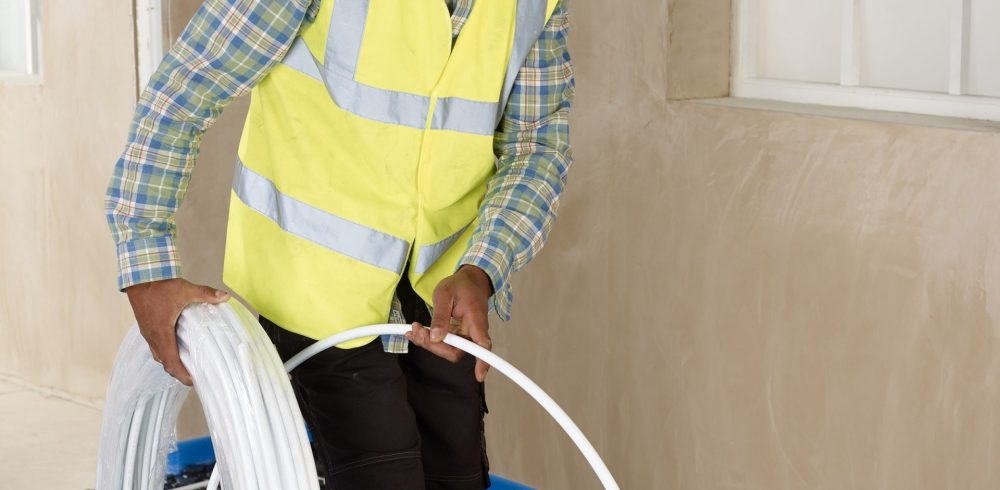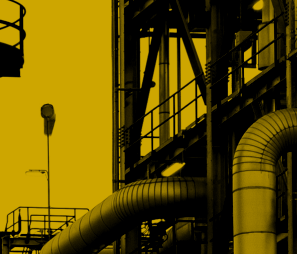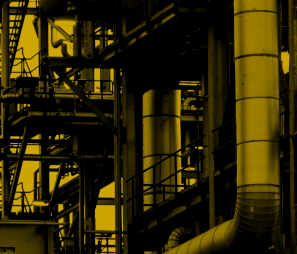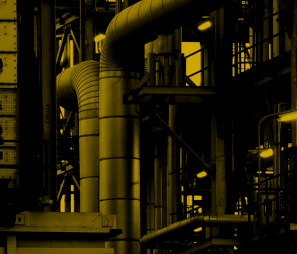Net Zero and the Contribution of Plastic Pipes By Caroline Ayres, BPF Pipes Group
One thing the Covid lockdown has highlighted is the difference empty roads and streets make to our planet’s health. Cleaner air and rivers, less pollution from traffic and factories, wildlife reclaiming territory; it has made people think a lot more about the planet as we come out of lockdown.
However, all these empty streets come at a cost in terms of the economy and so working to recover from the near-shutdown is crucial. The Construction Leadership Council’s ‘Roadmap to Recovery’ is a strategy to drive the recovery of the construction and built environment sectors, and through them the wider UK economy, following the Covid 19 pandemic and economic downturn. The strategy includes commitments to deliver high quality, zero carbon and sustainable outputs.
BPF Pipes Group members strongly support the Recovery Plan, which teams up ‘sustained economic growth’ with ‘low carbon, sustainable and better-quality outputs and outcomes.’ To achieve such ambitions requires commitment to making product choices which balance ethics, performance and economics.
As the focus on reducing carbon and greenhouse gas emissions turns towards the construction sector, opportunities exist to reduce the environmental impact from building construction at the design stage. Making ethical early choices and going beyond the minimum required will help the move ultimately towards zero carbon building, mitigating climate change.
Whilst committed to environmental change, there is a risk of ‘information overload.’ This is why the BPF Pipes Group set out in 2019 to develop a series of clear and succinct bulletins for specifiers and decision makers, using the selection of sustainable plumbing systems as an example.
The six bulletins introduce Environmental Product Declarations (EPDs) and Life Cycle Assessments (LCAs) and how to use them in building design to aid product choice. The environmental effects of a product over its entire lifecycle, including extraction of raw materials, production of materials and the product, construction, use and end-of-life treatment are assessed.
The comparison of available alternatives for plumbing systems show categorically that plastic piping systems – with their excellent and long-lasting technical performance – are the best environmental choice.
Plastic piping systems have all the necessary attributes to make them the ideal partner in providing low carbon and renewable heating solutions. Energy is the dominant contributor to climate change, accounting for around 60 per cent of global greenhouse gas emissions.
Working towards net zero carbon construction means manufacturing and delivering efficiently whilst minimising risk, minimising pollution and minimising carbon footprint. Plastic pipes, with their low environmental impact, long lifespan, easy installation and high performance properties, have proven themselves absolutely ideal for this purpose.
Manufacturing & Engineering Magazine | The Home of Manufacturing Industry News















